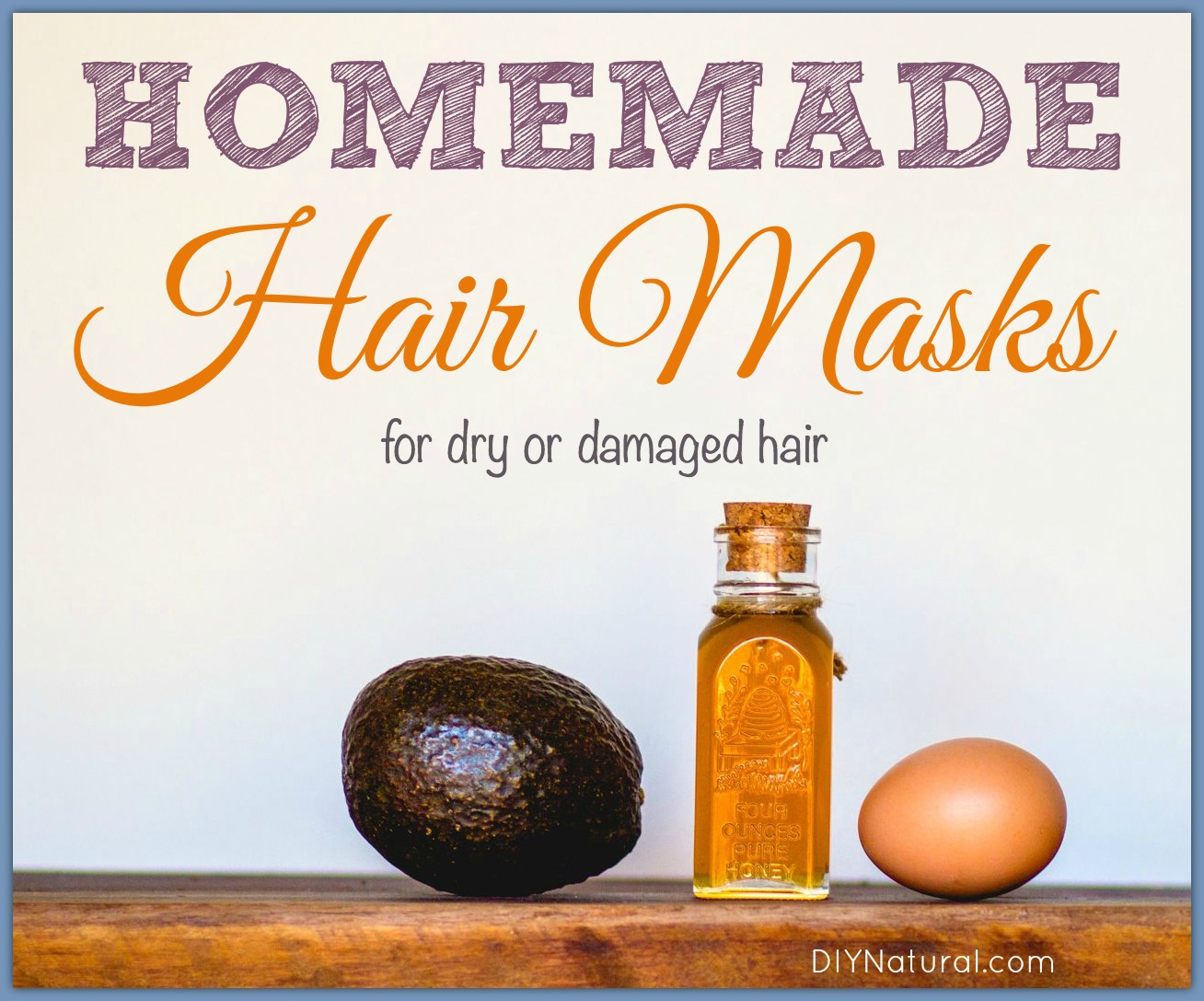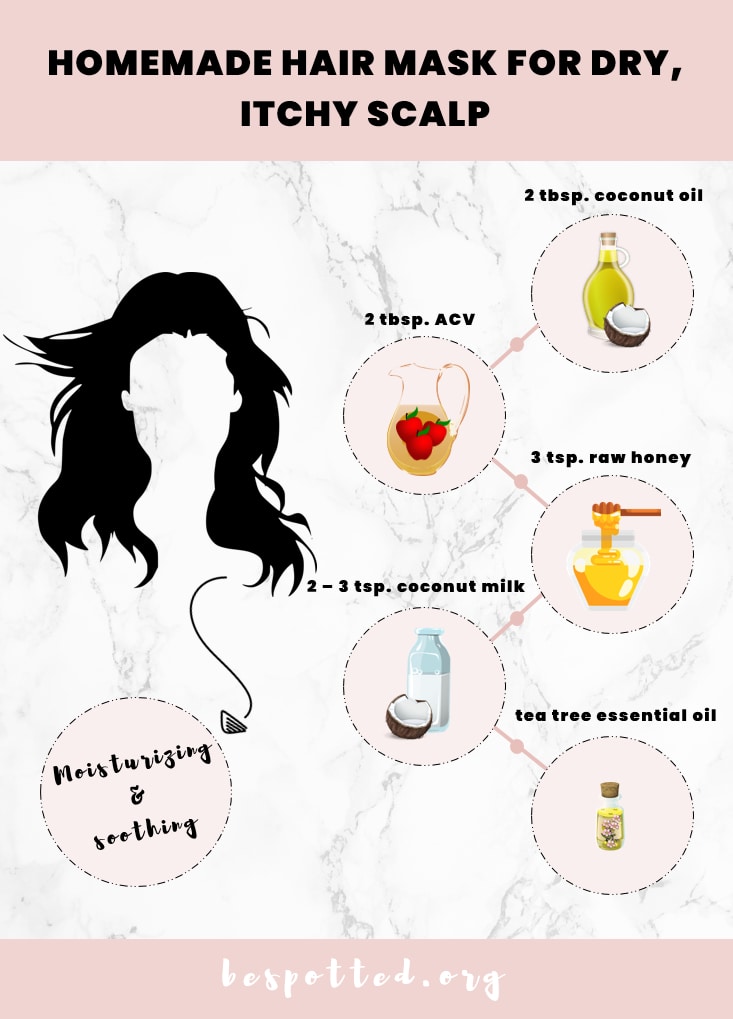Are you tired of dealing with dry, frizzy hair that just won't cooperate? Natural mask for dry hair could be the solution you've been searching for. Many people experience dry hair due to environmental factors, harsh styling products, or genetics. The good news is that you can combat this issue using ingredients you probably already have at home.
Instead of spending money on expensive salon treatments or chemical-laden products, why not try natural remedies? These masks are not only cost-effective but also free from harmful chemicals that might further damage your hair. By incorporating natural ingredients into your hair care routine, you can restore moisture and bring back the shine to your locks.
In this article, we'll explore the best natural masks for dry hair, including their benefits, how to make them, and tips for achieving optimal results. Whether you're a DIY enthusiast or simply looking for healthier alternatives, this guide will provide you with everything you need to know.
Read also:Archie And Lili A Heartwarming Journey Of Love Growth And Inspiration
Table of Contents
- Why Natural Masks Are Essential for Dry Hair
- Benefits of Using Natural Masks for Dry Hair
- Top Ingredients for DIY Natural Masks
- 5 Best Natural Mask Recipes for Dry Hair
- How to Apply a Natural Mask for Dry Hair
- How Often Should You Use Natural Masks?
- Tips for Maximizing the Effectiveness of Natural Masks
- Natural Masks vs. Commercial Products
- The Science Behind Natural Masks and Hair Health
- Conclusion and Final Thoughts
Why Natural Masks Are Essential for Dry Hair
Dry hair can be frustrating and uncomfortable, but natural masks offer a gentle and effective solution. Unlike commercial products that often contain sulfates and other harsh chemicals, natural masks rely on organic ingredients to nourish and hydrate your hair. These masks penetrate deep into the hair shaft, providing long-lasting moisture and improving overall hair health.
One of the primary reasons natural masks are essential is their ability to target the root cause of dryness. Many people experience dry hair due to over-washing, excessive heat styling, or environmental factors like pollution. Natural masks help repair damage by replenishing lost moisture and strengthening hair follicles. Additionally, they are free from synthetic additives, making them suitable for all hair types, including sensitive scalps.
Benefits of Using Natural Masks for Dry Hair
1. Hydration Without Harsh Chemicals
Natural masks use ingredients like coconut oil, aloe vera, and honey to deeply hydrate your hair. These ingredients are packed with nutrients that nourish your scalp and promote healthy hair growth. Unlike chemical-laden products, natural masks provide hydration without stripping your hair of its natural oils.
2. Cost-Effective Solution
Another significant advantage of natural masks is their affordability. Most ingredients can be found in your kitchen or purchased at a local grocery store for a fraction of the cost of commercial hair products. This makes natural masks an excellent option for those on a budget who still want high-quality hair care.
3. Customizable Formulas
With natural masks, you can tailor the recipe to suit your specific hair needs. Whether you're dealing with dryness, split ends, or frizz, there's a natural mask formulation that can address your concerns. This level of customization ensures that you get the best results possible.
Top Ingredients for DIY Natural Masks
When creating a natural mask for dry hair, it's essential to choose the right ingredients. Here are some of the best options:
Read also:Jennifer Garner Neutrogena Commercial A Deep Dive Into Her Iconic Campaigns
- Coconut Oil: Rich in fatty acids, coconut oil penetrates the hair shaft to provide deep hydration and prevent protein loss.
- Aloe Vera: Known for its soothing properties, aloe vera helps reduce scalp irritation and promotes moisture retention.
- Honey: A natural humectant, honey draws moisture into the hair and seals it in for long-lasting hydration.
- Olive Oil: Packed with antioxidants and vitamins, olive oil strengthens hair follicles and improves elasticity.
- Avocado: High in healthy fats and vitamins, avocado nourishes dry hair and restores its natural shine.
5 Best Natural Mask Recipes for Dry Hair
1. Coconut Oil and Aloe Vera Mask
This mask combines the moisturizing properties of coconut oil with the soothing effects of aloe vera:
- 2 tablespoons of coconut oil
- 2 tablespoons of aloe vera gel
Mix the ingredients and apply the mask to damp hair. Leave it on for 30 minutes before rinsing thoroughly with cool water.
2. Honey and Olive Oil Mask
Honey and olive oil work together to hydrate and strengthen dry hair:
- 3 tablespoons of honey
- 2 tablespoons of olive oil
Apply the mixture to your hair, focusing on the ends. Leave it on for 20-30 minutes before washing it out with a mild shampoo.
How to Apply a Natural Mask for Dry Hair
Applying a natural mask correctly is crucial for achieving the best results. Follow these steps:
- Start by washing your hair with a gentle shampoo to remove dirt and product buildup.
- Towel-dry your hair until it's damp but not soaking wet.
- Divide your hair into sections for even application.
- Apply the mask, starting from the roots and working your way down to the ends.
- Use a wide-tooth comb to distribute the mask evenly throughout your hair.
- Wrap your hair in a warm towel or plastic cap to enhance absorption.
- Leave the mask on for the recommended time, then rinse thoroughly with cool water.
How Often Should You Use Natural Masks?
The frequency of using natural masks depends on the severity of your dry hair condition and the specific ingredients in the mask. For mild dryness, applying a mask once a week is sufficient. If your hair is severely dry, you may need to use a mask twice a week until your hair's moisture levels improve. Always listen to your hair's needs and adjust the frequency accordingly.
Tips for Maximizing the Effectiveness of Natural Masks
To get the most out of your natural mask, consider the following tips:
- Use fresh, high-quality ingredients for better results.
- Apply the mask to damp hair for improved absorption.
- Leave the mask on for the recommended time to allow it to penetrate deeply.
- Rinse with cool water to seal the cuticle and lock in moisture.
- Follow up with a leave-in conditioner for added hydration.
Natural Masks vs. Commercial Products
While commercial hair products offer convenience, they often contain synthetic ingredients that can damage your hair over time. Natural masks, on the other hand, provide a safe and effective alternative. They are free from harsh chemicals, customizable, and cost-effective. Additionally, natural masks address the root cause of dryness, whereas commercial products may only offer temporary relief.
The Science Behind Natural Masks and Hair Health
Natural masks work by targeting the hair's cuticle layer and cortex. Ingredients like coconut oil and aloe vera penetrate the hair shaft, providing deep hydration and preventing moisture loss. Scientific studies have shown that natural oils and plant extracts can improve hair elasticity, reduce breakage, and promote healthy hair growth. By incorporating natural masks into your hair care routine, you can achieve healthier, more vibrant hair.
Conclusion and Final Thoughts
Natural masks offer a safe, effective, and affordable solution for dry hair. By using ingredients like coconut oil, aloe vera, and honey, you can restore moisture and improve the overall health of your hair. Remember to apply the mask correctly and adjust the frequency based on your hair's needs. For optimal results, combine natural masks with a balanced diet and proper hair care practices.
We encourage you to try these natural mask recipes and share your experiences in the comments below. If you found this article helpful, don't forget to share it with your friends and family. For more hair care tips and DIY remedies, explore our other articles on the website.
Source: National Center for Biotechnology Information


